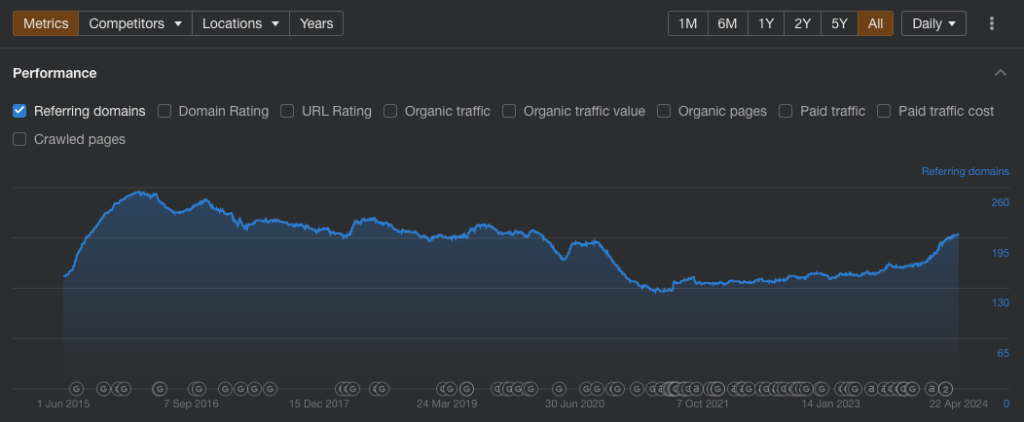Introduction
Link-building remains an important component of any SEO strategy. However, not all backlinks are created equal. A backlink that is high in quality can boost your site’s authority and improve your search engine rankings, while low-quality or spammy backlinks can do the opposite, potentially leading to penalties from search engines.
Identifying low-quality backlinks is key to maintaining the health of your website’s SEO. Here are some strategies to help you identify and manage these undesirable links.
1. Check the relevance of the linking site
Keeping a backlink from a site that has no relevance to your website’s content or offerings can be a red flag. Search engines like Google place a premium on the relevance of links, as they should logically connect to content that is pertinent to your niche or industry. If the linking site has nothing to do with your business, it might be considered spammy.
2. Assess the domain authority

Websites with high domain authority (DA) are generally considered trustworthy. Low DA can, though not always, indicate that a site hasn’t established credibility or might be new. When evaluating the profile of a backlink, looking at the domain authority can be one of the factors you should consider as part of your overall strategy.
3. Analyse the link profile

A healthy link profile has diversity in the types of domains that link back to it. If you notice an unusually high number of links coming from similar sites, particularly if those sites are of low quality, this can be a sign of a spammy backlink profile.
4. Look for trust signals
Trust signals can include factors like a website’s design, functionality, and content quality. Sites that look outdated, broken, or are filled with low-quality content are more likely to be sources of spammy backlinks.

5. Examine the anchor text

Over-optimized anchor text (the clickable text in a hyperlink) can be a sign of spammy links. If the anchor text is overly generic, stuffed with keywords, or irrelevant to your page, it could potentially harm your SEO.
By identifying and managing low-quality or spammy backlinks, you can help ensure your site maintains its integrity and ranking in search engine results. Our backlink finder can help you with the process of finding relevant and quality backlinks to strengthen your link-building game. Disavowing poor quality backlinks is a small, but very effective method to streamline the upkeep of your website’s SEO maintenance.
Key Takeaways
High-quality backlinks improve site authority, while low-quality ones can harm rankings.
Considerations:
Relevance of the linking site, domain authority, link profile diversity, trust signals, and anchor text are important factors to assess.
Management is crucial:
Identifying and managing low-quality backlinks is essential for maintaining website integrity and search engine rankings. Tools like a backlink finder and disavowing poor quality backlinks can help improve SEO maintenance.
